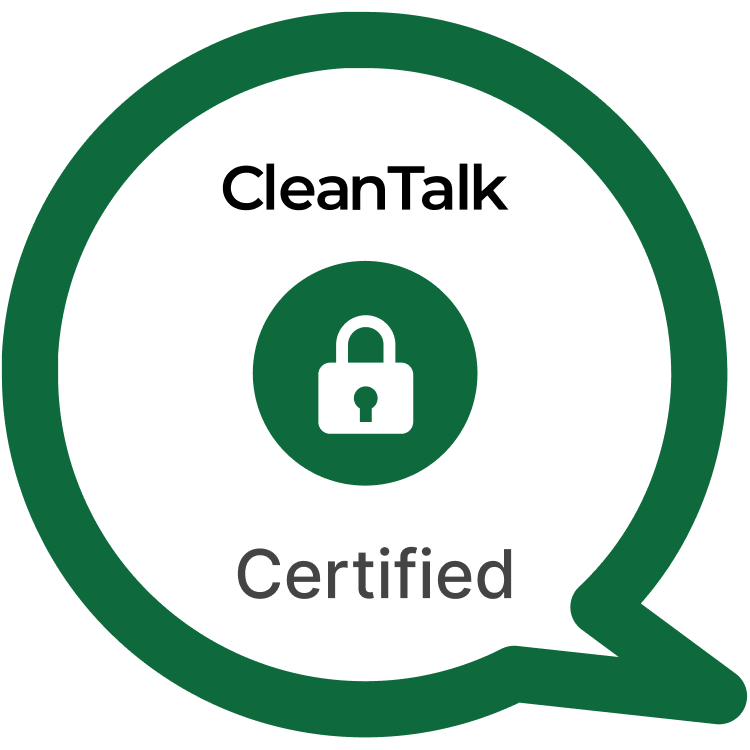WordPress plugins enhance website functionality, but they can also introduce security vulnerabilities. One such vulnerability has been discovered in the SEOPress – On-site SEO plugin, affecting over 300,000 active installations. This vulnerability, identified as CVE-2024-4899, allows contributors to exploit a Stored XSS (Cross-Site Scripting) flaw, potentially leading to the creation of unauthorized admin accounts.
CVE-2024-3276 – Lightbox & Modal Popup WordPress Plugin – FooBox – Stored XSS to backdoor creation – POC

In the ever-evolving landscape of web security, vulnerabilities in popular plugins pose significant risks to website integrity. One such critical vulnerability has been discovered in the Lightbox & Modal Popup WordPress Plugin – FooBox, identified as CVE-2024-3276. This Stored Cross-Site Scripting (XSS) vulnerability allows attackers to execute malicious scripts, leading to severe consequences such as backdoor creation and account takeovers.
CVE-2024-4934 – Quiz and Survey Master – Stored XSS to Admin Account Creation (Contributor+) – POC

In the realm of WordPress plugins, Quiz and Survey Master stands out as an indispensable tool for creating interactive and engaging content. From viral quizzes to employee surveys, this plugin offers a wide array of features to enhance user engagement and drive traffic to your website. However, even the most useful plugins can harbor critical vulnerabilities. Recently, CVE-2024-4934, a Stored XSS vulnerability, was discovered in Quiz and Survey Master, posing a significant risk to WordPress sites. This article delves into the details of this vulnerability, its implications, and the steps necessary to safeguard against it.
CVE-2024-4094 – Simple Share Buttons Adder – Stored XSS to backdoor creation – POC

The Simple Share Buttons Adder plugin is a widely used tool for adding social sharing buttons to WordPress sites, with numerous active installations across the globe. While it offers a straightforward way to enhance website functionality, a critical vulnerability has been discovered that could jeopardize the security of websites using this plugin. Identified as CVE-2024-4094, this vulnerability allows for Stored Cross-Site Scripting (XSS) attacks, which can lead to serious security breaches, including the creation of backdoors for account takeovers.
Plugin Security Certification: “WP Chat App” – Version 3.6.7: Integrate WhatsApp with Enhanced Security
CVE-2024-4664 – WP Chat App – Stored XSS (Administrator+) – POC

WP Chat App for WordPress offer a streamlined way to integrate WhatsApp communication directly into websites. This enhances customer support and engagement. However, with great functionality comes the need for robust security measures. Recently, a critical vulnerability, CVE-2024-4664, was discovered in the WP Chat App plugin, highlighting the importance of safeguarding such tools against potential exploits.
CVE-2024-4305 – PostX – Stored XSS to Admin Account Creation (Contributor+) – POC

In the ever-evolving landscape of web security, vulnerabilities in popular plugins can have far-reaching consequences. One such vulnerability, identified as CVE-2024-4305, affects the PostX plugin for WordPress, which boasts a substantial user base. This article delves into the specifics of this stored cross-site scripting (XSS) vulnerability, highlighting the risks it poses, how it was discovered, and measures to mitigate its impact.
Plugin Security Certification: “All in one Favicon” – Version 4.8: Use Favicons with Enhanced Security

All in One Favicon, a popular plugin for managing favicons on your WordPress site, has taken a significant step towards ensuring the security of your website. The latest version, 4.8, has successfully passed the Plugin Security Certification (PSC) conducted by CleanTalk, offering enhanced security features alongside its robust functionality.
CVE-2024-2762 – FooGallery – Stored XSS to Admin Account Creation (Contributor+) – POC

WordPress plugins significantly enhance the functionality and versatility of websites, making them an integral part of the WordPress ecosystem. However, they also introduce potential security risks that can have severe consequences if not properly managed. A recently discovered vulnerability, CVE-2024-2762, affects the popular FooGallery plugin, which boasts numerous installations. This vulnerability allows contributors to exploit Stored Cross-Site Scripting (XSS) to create malicious admin accounts, potentially compromising the entire website. This article will explore the discovery, understanding, exploitation, risks, and security recommendations associated with this vulnerability.
Plugin Security Certification: “Contact Form 7” – Version 6.1.4: Use Forms with Enhanced Security

Contact Form 7 plugin, one of the most popular contact form plugins for WordPress, has reached a new milestone in security. The latest version, 6.0.5, has successfully passed the Plugin Security Certification (PSC) conducted by CleanTalk, ensuring that users can enjoy enhanced security features along with the plugin’s robust functionality.